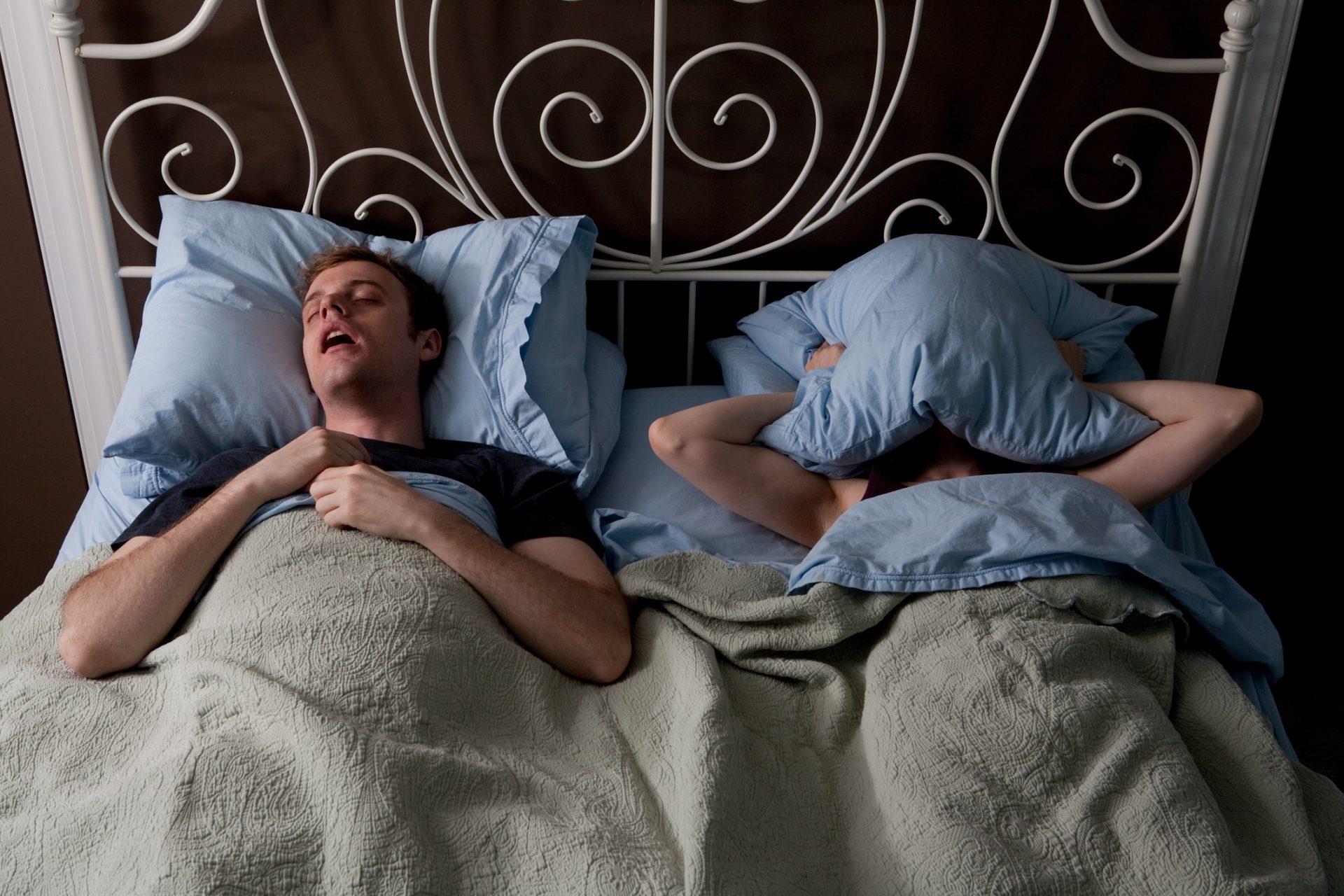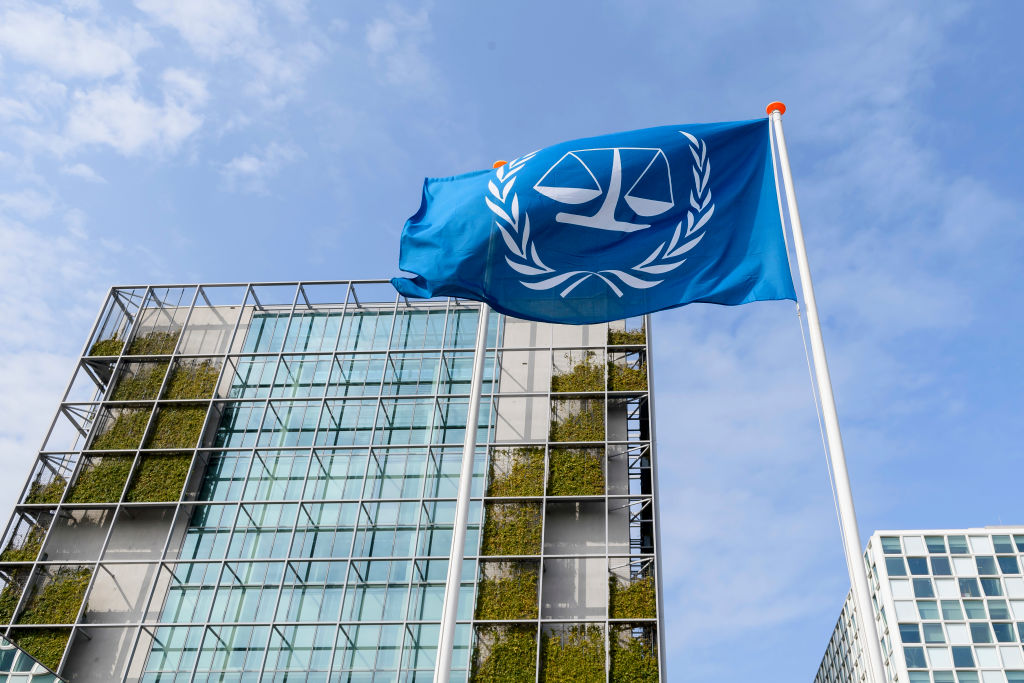Paris, New York, Jerusalem and other cities that literally change your mindset
Traveling is always an excellent experience to nourish the soul and discover new horizons. However, sometimes a trip doesn't fulfill a traveler's expectation, creating a specific syndrome for a very peculiar type of disappointment.
In many cases, these afflictions hit a particular type of tourist. Maybe it's about where they come from, or what they expected to find at their destination. Anyhow, let's see some of these curious syndromes!
Photo: Patrick Tomasso / Unsplash
The most famous of these is The Paris Syndrome, which seems to be particularly common among Japanese tourists visiting France's capital city.
Photo: Léonard Cotte on Unsplash
The term was coined by Japanese psychiatrist Dr. Hiroaki Ota to define the severe shock and, in some cases, emotional breakdown tourists suffered after visiting Paris.
Picture: Alexander Kagan / Unsplash
There are many reasons that may have activated such a strong visceral reaction. First is the cultural shock while visiting such a large and overwhelming metropolis such as the French capital.
However, the most common reason for Paris Syndrome is the impossibly-high exceptions that visitors tend to project unto Paris, developing an idealized version of the city as fed by movies and TV shows.
Symptoms of Paris Syndrome include anxiety, tachycardia, hallucinations, delusions, and even paranoia. These are psychological affectations typical of a person overwhelmed by facing a new, stressful situation.
Picture: Chris Karidis / Unsplash
“I'd rather be a lamppost in New York than the mayor of Chicago”: these are the words of the famous American basketball player Jimmy Walker, reported in an article in the New York Times, which focus on this other particular syndrome.
Picture: Luca Bravo / Unsplash
Walker's words perfectly reflect the basis of the New York Syndrome: Every year, the Big Apple attracts people from all over whom, stimulated by its frantic lifestyle, try to break from its more humble past to fit in such as a cosmopolitan city.
Photo of Colton Duke on Unsplash
Psychiatrist Anthony Zito defines this mindset to the New York Times in these terms: “Because of its pace, this city offers more of a challenge to the person who dares take it on. He knows that if he fails, he will get plowed under. That kind of risky challenge appeals particularly to the person who seeks to define himself through his achievements”.
Picture: Andre Benz / Unsplash
This syndrome mainly affects people from other parts of the United States, geographical areas considered more provincial, with a great sense of ambition and expectation. People who feel overwhelmed by the pace of the city that never sleeps may experience a sense of panic and agoraphobia.
Picture: Ian Dooley / Unsplash
Speaking about feeling overwhelmed, art and aesthetic beauty can also affect us in unexpected ways. The Stendhal Syndrome, for instance, is deeply ingrained with the city of Florence, in Italy.
Picture: Jonathan Körner / Unsplash
Some art lovers visiting the famous Italian city, considered by some cradle of the Renaissance, have reported feeling emotional, confused, lightheaded and dizziness from such beauty that surrounds them.
Photo: Ali Nuredini / Unsplash
This affliction was named by the French writer Marie-Henri Beyle, better known for his pen name Stendhal, who first described the sensation visiting the Basilica of Santa Croce and seening Giotto's frescoes in Florence in 1817.
Photo: Azamat Esmurziyev / Unsplash
However, the Stendhal Syndrome is not limited to Florence or even human-made art. It also describes the very intense emotions felt while looking at the awe-inspiring beauty of nature.
Picture: Hendrik Cornelissen / Unsplash
Jerusalem is also one of the cities that is capable of triggering a strong emotional impact on its visitors, especially during the religious holidays. This has given the rise to the so-called Jerusalem Syndrome.
Some travelers visiting Jerusalem feel overwhelmed by mysticism around the city and begin showing stranger behavior, detached from reality.
Picture: Toa Heftiba / Unsplash
The psychologist Fabio Meloni, on his website, explains more about it: “The Jerusalem syndrome defines a sudden impulse of faith, a supposed call from above, which pushes people to carry out psychotic actions in the Holy City”.
Photo by Mor Shani on Unsplash
Meloni also states that studies have been carried out observing these phenomena: “The accounts in Jerusalem from 1980 to 1993 revealed 1200 cases of tourists suffering a mental breakdown induced by the sacred places. For 470 people, hospitalization was required at the Kfer Center Shaul. The syndrome was attributed to religious ecstasy caused by places of worship.”
Photo by Dave Herring on Unsplash
This syndrome is not about a specific city but rather about a particular type of traveler. The so-called Wanderlust Syndrome represents the insatiable desire to travel, an obsession that drives those affected by it to constantly seek out new places to explore.
According to recent studies, the culprit for this travel obsession is a gene, DRD4-7R, renamed the Wanderlust gene. Apparently, only 20% of the population has it, especially people with a migrant background.
Picture: Edgar Chaparro / Unsplash
A study by Garret Lo Porto reported by the Huffington Post claims that this gene goes back to Neanderthals: “You become a sensation-seeking, risk-taking, impulsive, and highly creative person. You don't think like modern humans, but 'think differently'”.
Picture: JESHOOTS.COM / Unsplash
This is how that restlessness and uncontrollable impulse to travel and discover new and exciting destinations could be explained.
Picture: lucas wesney / Unsplash
More for you
Top Stories




































